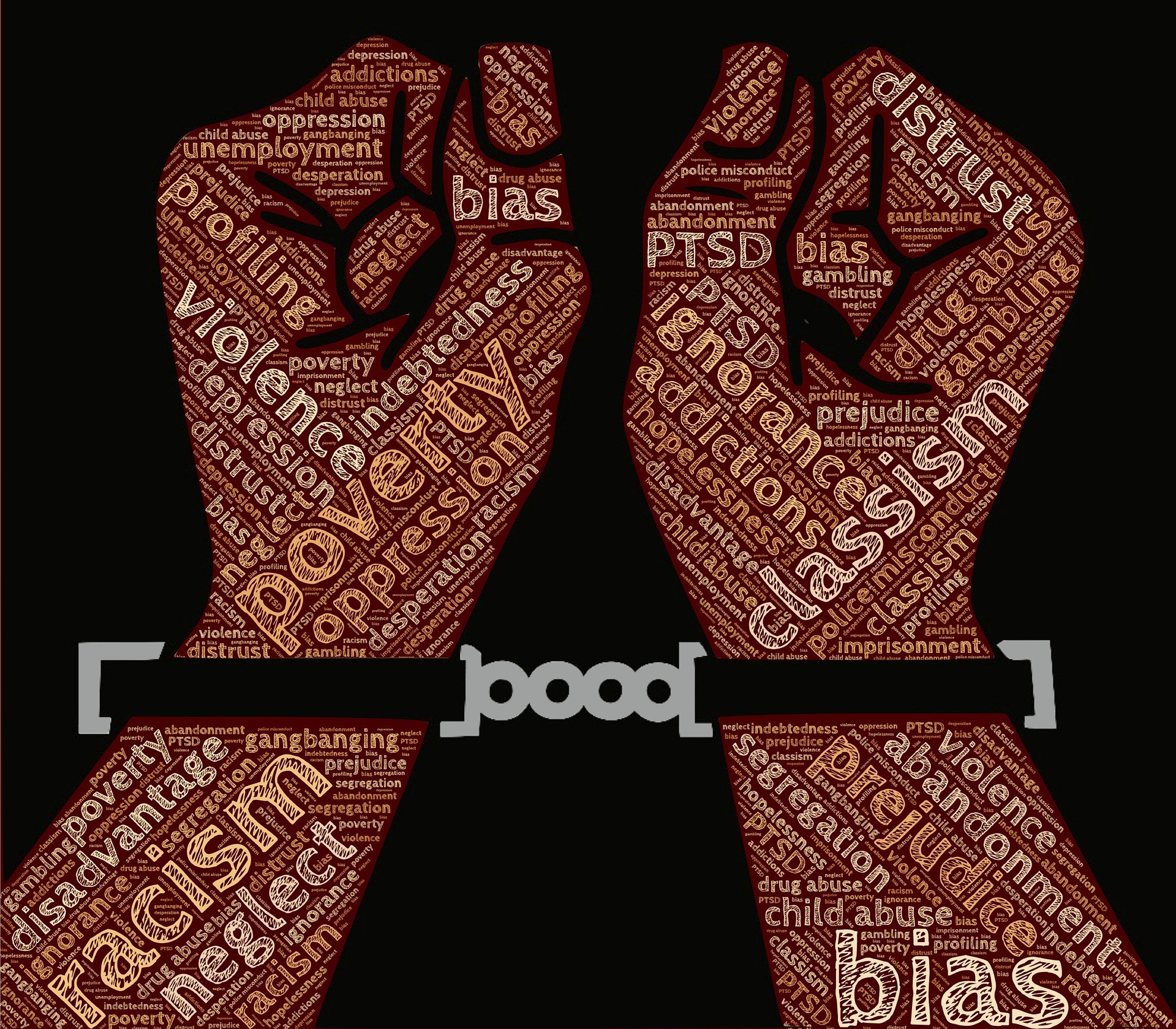There are a handful of great bills coming up for a vote on Monday—here’s a quick overview
As the Assembly reconvenes for its first Voting Session of 2022, there are a few bills that I’ve deemed noteworthy–not because I anticipate any pushback or fireworks on these measures, but because they implement positive changes that actually make a lot of sense, and deserve full bi-partisan support. Here’s a roundup:
A795 is sure to be celebrated by working mothers throughout the state. The bill requires employers to accommodate a “lactating employee” (aka a woman who is actively producing milk for the purpose of breastfeeding an infant) by providing a private location at work other than the restroom that is “free from intrusion” from co-workers, customers, etc., for the purpose of milk expression. Any woman who has experienced the dilemma of trying to find a quiet, discreet place to pump breast milk at work will tell you that this regulation is long-overdue, and very much needed. Kudos to Assemblywomen Timberlake, Jasey and McKnight for sponsoring this important bill.
A1376 eliminates the suspension of a person’s driver’s license as a penalty for failure to make required court appearances for outstanding parking tickets, or failure to pay those tickets. The bill does, however, require suspension of a person’s motor vehicle registration for failure to make more than five required court appearances related to outstanding parking tickets or for failure to pay more than five of those tickets. This is a common-sense, compassionate measure that takes into account the fact that many people need a driver’s license in order to get to work, and/or may be using that driver’s license in order to earn an income that would allow them to pay off the parking tickets in question. Taking away their ability to drive legally doesn’t help the situation if they’re in arrears on a parking ticket.
A1719 & A1720 are timely bills that tackle the issue of implicit bias head on. Implicit bias, as defined in the bill, is “a bias in judgment or behavior that results from subtle cognitive processes, including implicit prejudice and implicit stereotypes, that often operate at a level below conscious awareness and without intentional control. Cultural competency is the ability to understand, appreciate, and interact with people from different cultures or belief systems.”
A1719 requires annual implicit bias and cultural competency training for members, officers, and employees of the Legislature, via an online tutorial, similar to the one they are already required to take for adherence to the Legislative Code of Ethics.
A1720 requires the Police Training Commission in the Division of Criminal Justice in the Department of Law and Public Safety to include cultural diversity and implicit bias training in the basic training course for police officers appointed to a police department or force. This type of training is already being developed and implemented for existing officers, but A1720 would also require specialized training in cultural diversity and implicit bias in policing during basic training, before these officers even start their law enforcement career. This bill was released from committee on February 3rd, more than a week before the incident at Bridgewater Commons mall that made national headlines, where two teenagers involved in an altercation were treated very differently by police. That incident, in which a black teenager was thrown to the ground and handcuffed, while the white teenager involved in the altercation was directed to sit on a couch nearby, is under internal investigation–clearly demonstrating the need for this bill.
AJR59 This joint resolution calls for February 28th — coincidentally, the day of the Voting Session– to be designated annual as “Amistad Day” throughout the State of New Jersey, in recognition of “the importance of the Amistad legal case to the American abolitionist movement and to the causes of liberty and equality throughout the world.” If you are unfamiliar with the compelling history behind the Amistad case, please take a moment to read the summary provided in the resolution statement, which gives a excellent overview of “the most important legal case involving slavery to arise during the nineteenth century, and has been seen by many as a test of the United States’ commitment to live up to its founding principles.” https://www.njleg.state.nj.us/Bills/2022/AJR/59_S1.PDF




